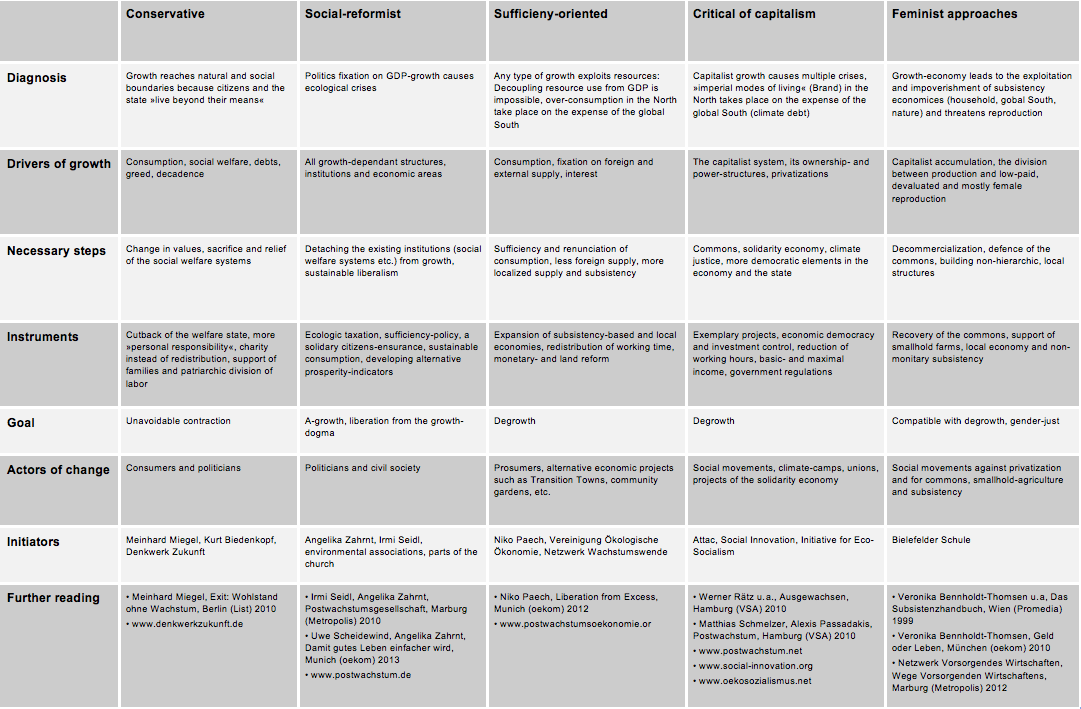There’s lots of talk recently about the wealth of Jeff Bezos. There are maps comparing his wealth to entire countries, a “You are Jeff Bezos” game where you can spend his money on different things - like paying their fair-share of taxes, and a graphic that puts his wealth in perspective. A recurring point is that most people simply cannot fathom the amount of money he has. The number is $150 billion. My favorite attempt to bring the number into human terms is Quartz’s article, “The average US worker would need 10 times the length of all human history to earn as much as Jeff Bezos”. This beautifully captures the point that someone does not simply earn or work for such an amount of money, but rather captures it. We, at degrowth.info, thought a similar calculation would be interesting. We wanted to know how many humble (but hopefully useful) projects like ours Jeff Bezos’ wealth could pay for. In case you haven’t heard already, degrowth.info is improving its site to better support the degrowth community and improve the usability of the platform – this will cost 7,500€.

The prospects for Earth’s biological diversity look increasingly bleak. The urgency of global efforts to preserve biodiversity long predates the COVID-19 crisis, but the pandemic has added new dimensions to the problem. Conservation funding from nature tourism has all but disappeared with international travel restrictions, wildlife poaching is on the rise, and various political regimes have use...

The topic of population growth is often omitted from any debate regarding environmental impact in all academic circles ranging from classical to heterodox. While it is undeniable that the global population is increasing and will continue to increase for some time, no serious address towards the seemingly obvious relationship between population growth and environmental degradation is directly di...

By Matthias Schmelzer The following article is a translation from the forthcoming “Atlas der Globalisierung”, that will be edited by Le Monde diplomatique and the Kolleg Postwachstumsgesellschaften (Universität Jena) under the title “Less is More. The Postgrowth-Atlas” (“Weniger wird mehr. Der Postwachstums-Atlas”. Postwachstum. Degrowth. Décroissance. These are buzzwords of a newly emergin...